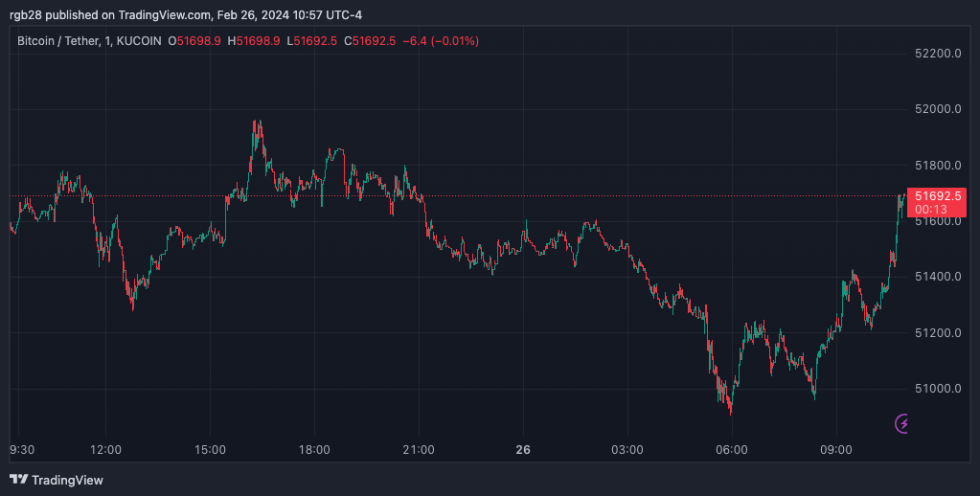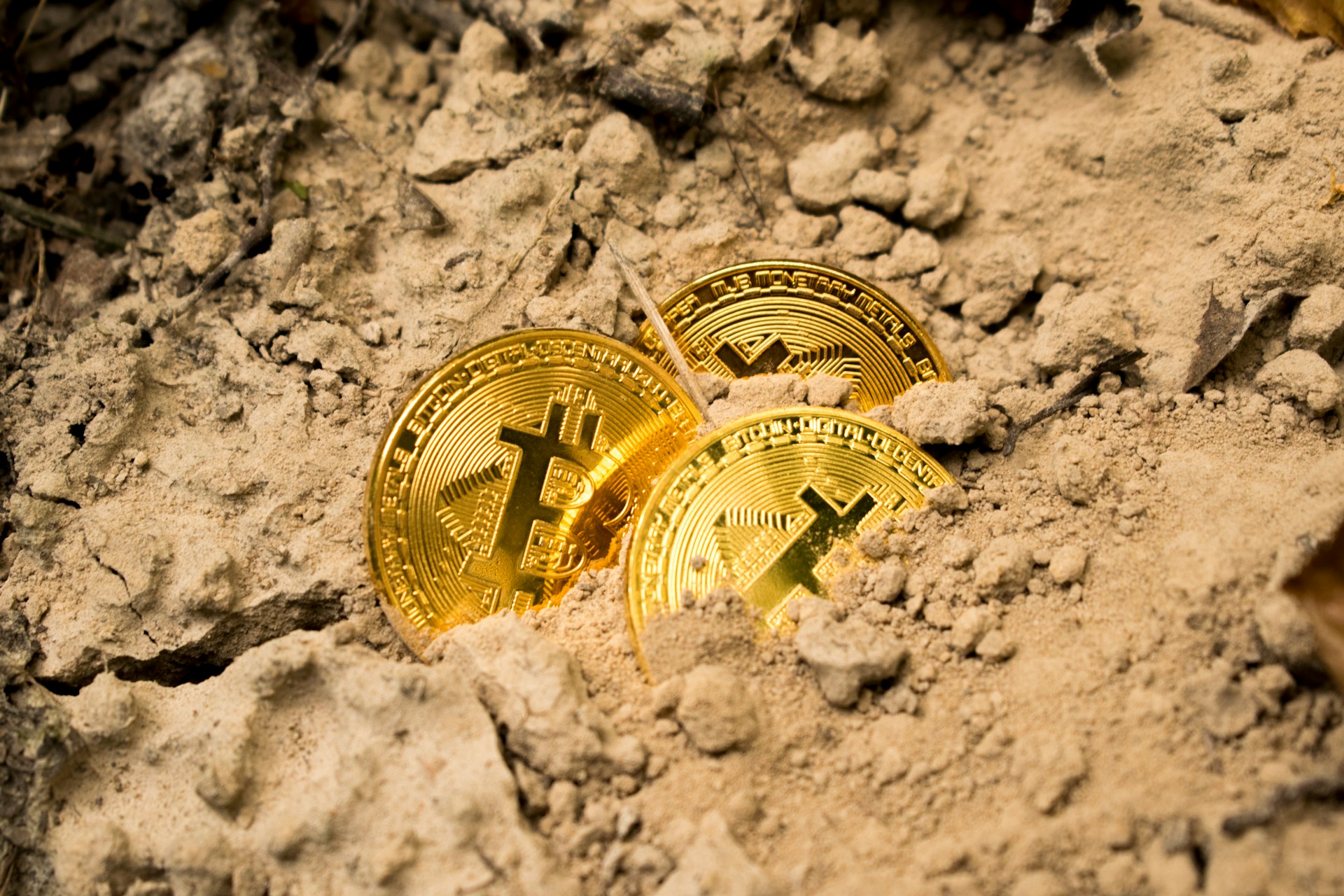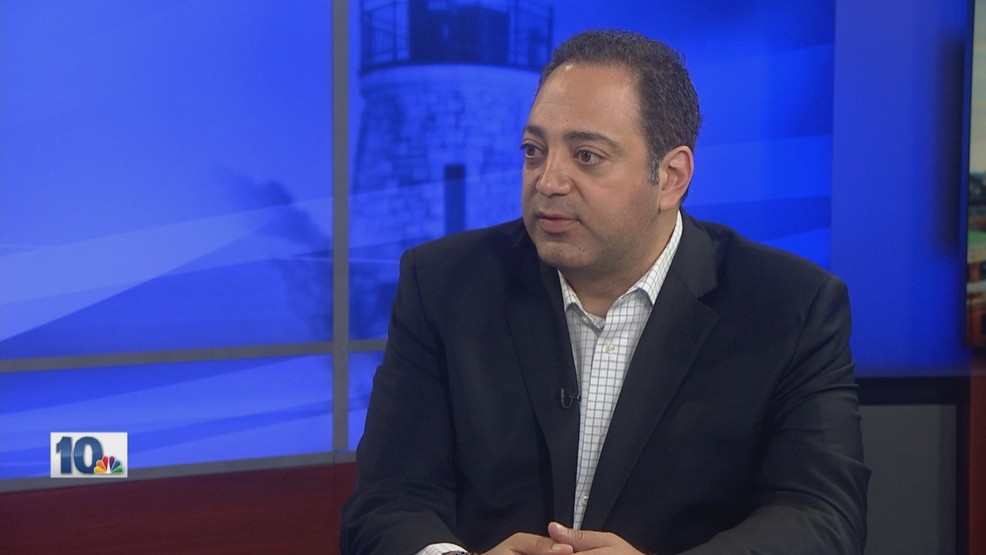Since the crypto mining ban in China in 2021, the US has become one of the largest mining hubs for Bitcoin miners. However, regulatory agencies have tightened their measures to increase their oversight over the industry.
Last month, one of the US Government agencies issued an emergency approval for the “EIA-862, Cryptocurrency Mining Facilities Report.”
The survey raised miner’s alarms as it seeks to collect sensitive data from crypto mining companies operating in the country. This concern led to a lawsuit initiated last week by several of the concerned parties.
EIA’s ‘Insufficient’ Response To The Lawsuit
On February 22, the Texas Blockchain Council (TBC), Bitcoin miner Riot Platforms, and the Chamber of Digital Commerce started a lawsuit against the US Department of Energy (DOE), the US Energy Information Administration (EIA), and the Office of Management and Budget (OMB).
The lawsuit follows the approval of an emergency survey by the OMB. EIA’s emergency request sought the collection of energy consumption data from a sample of 82 Bitcoin miners in the US.
In response to the lawsuit, EIA’s Administrator Joseph DeCarolis declared that the agency would take some measures. DeCarolis is the agent responsible for collecting, evaluating, and analyzing the data requested in the survey.
The court document shows that the EIA willingly offered to “exercise its discretion not to enforce any requirement to file the survey form EIA-862 through March 22, 2024.”
The agency also declared its commitment not to impose fines, penalties, or “other adverse consequences” if the responding parties failed to answer before March 25, 2024.
On February 23, Judge Alan Albright granted a Temporary Restraining Order (TRO) that prevents the EIA from forcing the plaintiffs to answer the survey and stops the agency from collecting data.
The judge acknowledged the EIA’s willingness to pause the survey implementation temporarily. However, the Court found the declaration to be insufficient and expressed its concern about the lack of enforcement mechanisms in the case of the EIA’s administration failing to honor the terms of the declaration:
The declaration fails to bind all Defendants, does not remove the credible threat of enforcement from other defendants (or the EIA after March 25), and does not address Plaintiffs’ alleged costs of compliance with the Survey.
US Judge Temporary Halts Bitcoin Mining Survey
The grant of the TRO follows the court’s consideration that plaintiffs have shown sufficient supporting evidence to back their complaint that “immediate and irreparable injury, loss, or damage will result if a TRO is not issued.”
The court considers the plaintiff’s three main sources of irreparable damage as credible. The reasons include the threat of prosecution if the parties fail to comply and the enforcement to disclose sensitive information related to business strategies.
As seen in the documents, the court also disagreed with the defendant’s argument presented at the court hearing, which assured that the EIA administrator’s declaration “neutralizes any credible threats of enforcement” that the plaintiffs could face:
The Court disagrees. The declaration does not bind the other Defendants. The Court understands the declaration itself to show an intent on behalf of the EIA Administrator to enforce the Survey at the expiration of its promise—March 25. A credible threat of enforcement, albeit delayed, still exists. And while this TRO will expire before March 25, it seeks to preserve the status quo.
To address the cost of compliance, another of the plaintiff’s alleged sources of injury, the EIA argued that complying with the survey is too small to be considered given the survey’s estimated time for completion of under 30 minutes.
Nonetheless, the court has found the timeframe given by the agency misleading and inaccurate, as the document shows:
Upon inspection of the Survey itself, the Court finds the 30-minute estimated time of completion is extremely inaccurate, if not grossly misleading. See ECF No. 1-8 (EIA-862, Cryptocurrency Mining Facilities Report). The Court is satisfied that Plaintiffs have shown that, without a TRO, irreparable injury will result.
Lastly, the court assesses that the arguments and evidence presented during the hearing favor the grant of the TRO as they agree that the “balance of harms” is sufficient for a restraining order.

Bitcoin is trading at $51,692.5. Source: BTCUSDT on TradingView.com
Featured image from Unsplash.com, Chart from Tradingview.com











